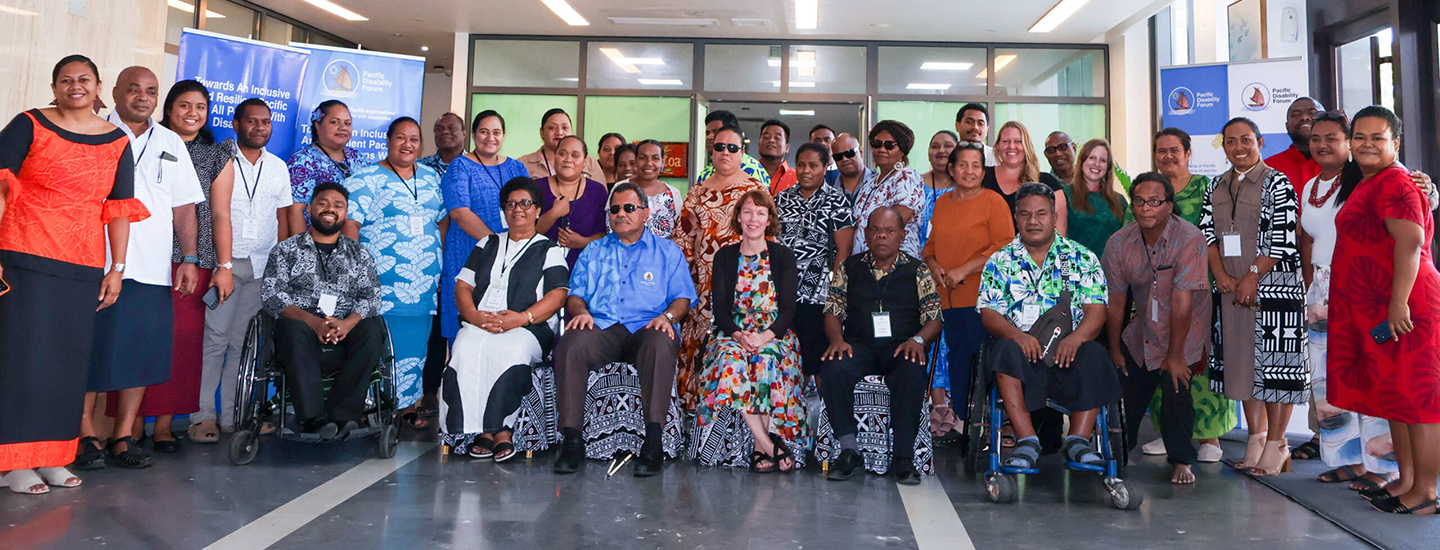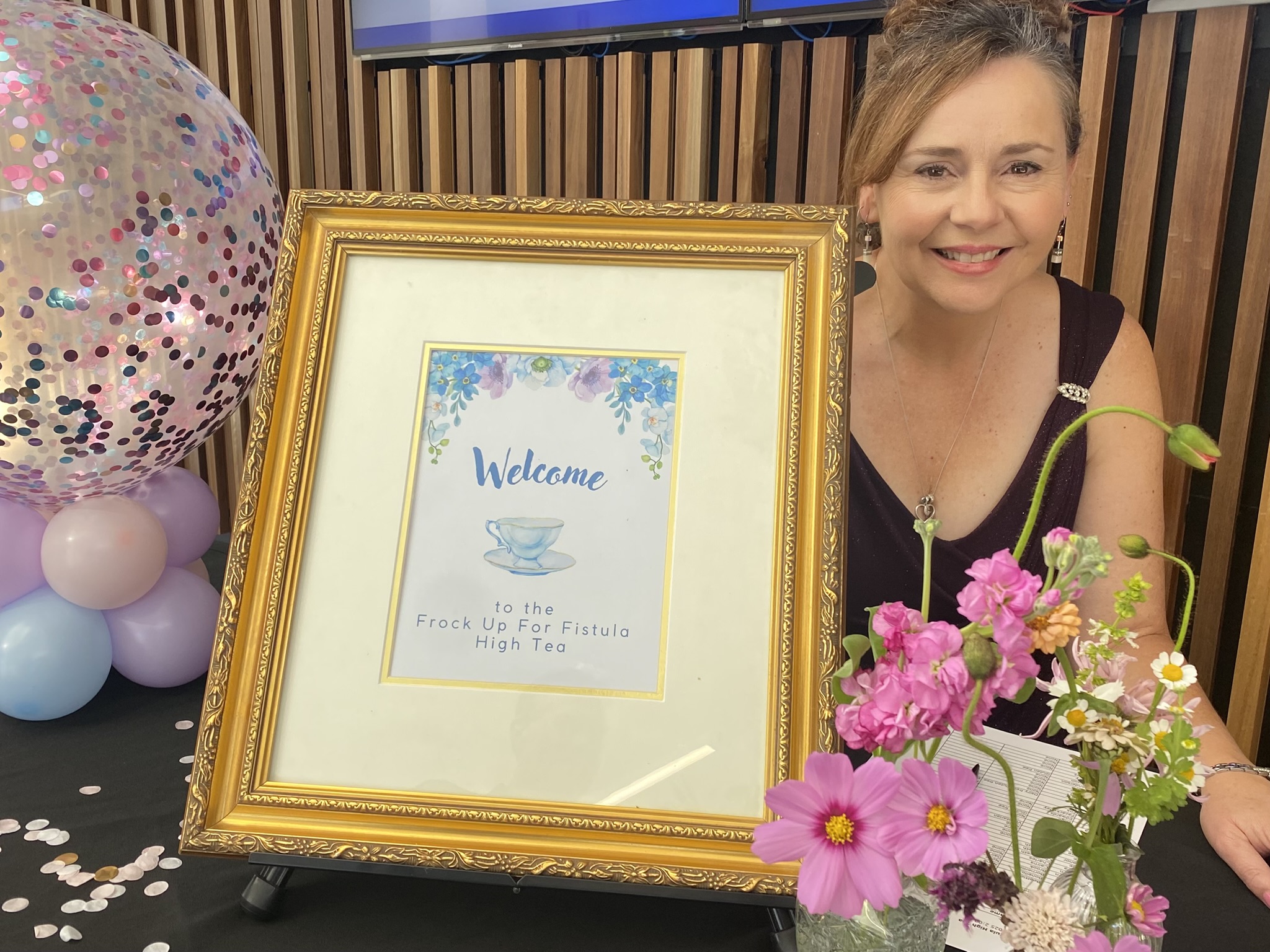CBM Australia Climate Change Position Statement
Stories | August 10, 2022
CBM Australia recognises that climate change poses a significant risk to communities around the world; particularly those communities trapped in a cycle of poverty, marginalisation and disadvantage. The effects of climate change are intersecting with all key concepts and priority areas of international development and poverty alleviation.
People with disabilities experience multidimensional inequalities and are over-represented amongst the poorest, which heightens their vulnerability to climate change.
Climate Change Impacting on People with Disabilities
Collectively, people with disabilities are one of the most resource poor groups in the world, and often face marginalisation due to intersecting factors such, for example, their gender, sexuality, or geographical location. Hence, they are globally among the most at risk from the impacts of accelerating climate change. Practically, this means that they and their communities are living with significant climate-related issues such as increasing storms, floods and landslides; coastal inundation; droughts; wildfires; degradation of land, resources, infrastructure and living environments; extremes of temperature; and growing climatic unpredictability and uncertainty.
The effects of climate change on the quality of life and well-being of people with disabilities and their communities include:
- Decreasing food security and resulting malnutrition
- Decreasing access to clean water, sanitation and hygiene (WASH)
- Increasing fast- and slow-onset humanitarian emergencies due to extreme weather events
- Decreasing access to sources of energy for cooking and lighting
- Reducing access to infrastructure, shelter and basic services
- Increasing displacement / migration OR being left behind in degraded environments due to their disability
- Declining health and an increase in the prevalence of many impairments, due to changing disease patterns and other impacts on health.
- Reductions in human security, with increased vulnerability, due to competition and conflict over increasingly limited resources, as climate change accelerates and populations increase.
The issue of climate change and its role in increasing the poverty and vulnerability of the world’s poorest people, including those with disabilities, is of enormous significance to this generation. Vulnerability to the effects of climate change will depend on individual and community resilience including ability to adapt.
People with disabilities are in the best position to understand their own situations and be part of seeking solutions to the problems they face. As consumers of the planet’s resources and citizens with agency, people with disabilities bring strengths and skills, including lived experience, to action on climate change.
Empowering people with disabilities, and ensuring inclusiveness and equality, requires a broad approach and their full participation in the development of socially-inclusive climate change policies, which recognize climate resilience as part of broad socio-economic transformation. This all must be done in line with the Convention on the Rights of Persons with Disabilities (CRPD).
Disability and Climate Change is about equity and justice. It is about all people caring about the world we live in and ensuring the most marginalised, their homes and communities are not unfairly impacted by the actions or inaction of others. That is why CBM Australia is committed to taking action on climate change.
CBM Australia’s Actions:
CBM Australia is committed to addressing climate change across all aspects of our operations, both internal and external.
Internally CBM Australia aims to:
- Have in place initiatives to reduce consumption, to reuse or recycle and to promote awareness of environmental impact across the organisation.
- Reduce the need for travel by clustering travel purposes and utilising online communication where possible.
- Be fully compliant with legislation and regulations related to our environmental footprint
- Incorporate activities to reduce vulnerability and increase adaptability in programs with people with disabilities and their communities.
- Enhance climate resilience through programming efforts that empower people with disabilities, and advocate to government promoting their full role as citizens, without the multiple burdens of poverty and inaccessibility.
Externally CBM Australia aims to:
- Advocate alongside people with disabilities for the integration of human rights obligations into climate-related policies and programmes so that the principles of non-discrimination and equal opportunity apply, meaning there is accountability in how state actors and non-state actors implement measures in response to changing environments, which can be attributed to climate change.
- Support disability inclusion being systematically addressed across all phases of the disaster management cycle and provide made for disability awareness and inclusion training of personnel, involving local organizations of people with disabilities and disability NGOs (see CRPD Articles 11 and 32).
- Support inclusion of people with disabilities into approaches which integrate Disaster Risk Reduction (DRR) and Climate Change Adaptation (CCA) as part of longer-term sustainable, resilient community development.
- support people with disabilities to meaningfully contribute to and benefit from activities designed to strengthen security in areas such as food and nutrition; water, sanitation & hygiene (WASH); accessible shelter and other infrastructure; livelihoods and human security.
- Advocate to local governments and the international community for the ongoing rights of persons with disabilities and all community members, to access quality health, education and other services, in the face of changing environments due to climate change.
- Advocate and support the collection and use of data disaggregated by disability to inform policymaking including policy on climate change and adaptation.
Read more about our climate change work.

https://www.cbm.org.au/stories/climate-change-position-statement
Related Stories

Growing Stronger Together: Supporting OPDs across the Pacific
CBM Australia is proud to partner with Pacific Disability Forum on the Growing Stronger...

Frock Up For Fistula: a High Tea of hope and healing
Something very special happened this Mother’s Day weekend. CBM Ambassadors Lyn Wake and Glenys...

Empowering Change: Jamuna’s Journey to Climate-Smart Farming in Nepal
In Nepal, agriculture is the backbone of the economy,...
